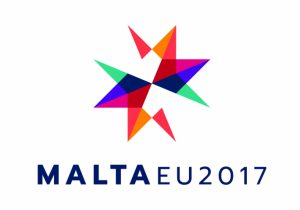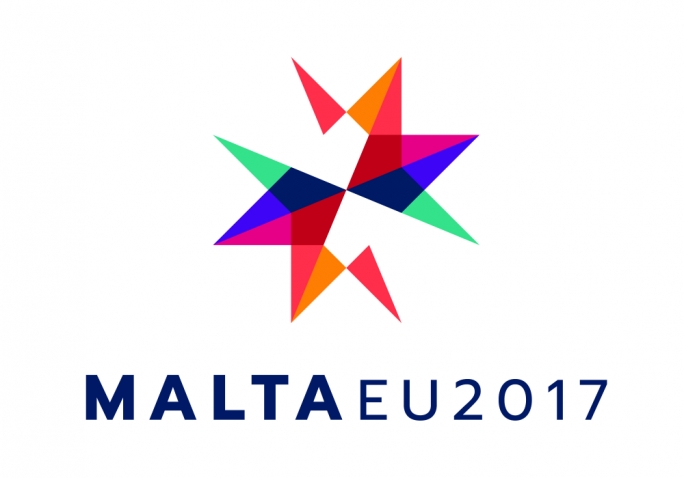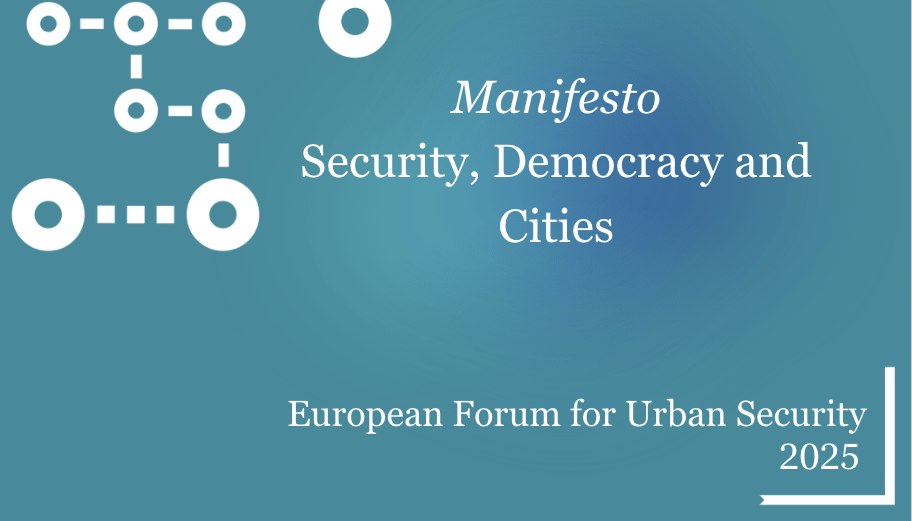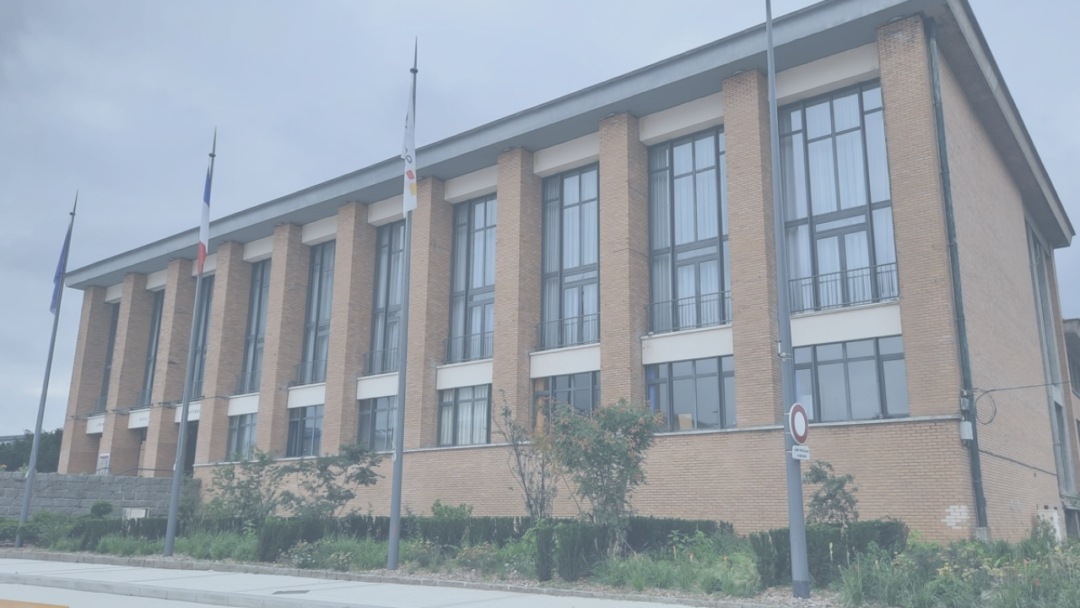 Paris, January 2017 – On 1 January, Malta became the smallest EU Member State ever to take the rotating, six-month presidency of the European Council at a time when the Union is facing daunting political challenges posed by the refugee crisis, Brexit and the upcoming general elections in the Netherlands, France and Germany, where populist, anti-Europe movements are on the rise.
Paris, January 2017 – On 1 January, Malta became the smallest EU Member State ever to take the rotating, six-month presidency of the European Council at a time when the Union is facing daunting political challenges posed by the refugee crisis, Brexit and the upcoming general elections in the Netherlands, France and Germany, where populist, anti-Europe movements are on the rise.
Malta (320 km2 and a population of just over 423,000) succeeds the Netherlands and Slovakia in the current ‘trio’ (a system put in place in 2009 to ensure political continuity between each presidency, whereby the three countries forming each presidency trio cooperate on a common programme).
Along with Italy and Greece, although to a lesser degree, Malta, the southern-most EU country in the Mediterranean, has been affected over the past few years by the waves of migrants fleeing war-torn countries and sub-Saharan Africa, and it has repeatedly called the EU for help and solidarity. In April 2012, following a field visit in Malta, Efus Executive Committee members adopted a resolution calling the European Union and Member States to share the responsibility of receiving and integrating migrants.
“I think there is a will to bring all positions as close together as possible. This will be a difficult task for the Maltese presidency. We will do our best to bring all of these positions together,” said Maltese prime minister Joseph Muscat at the last EU summit in Brussels, in mid-December.
In its official EU presidency programme, Malta stresses that, “the EU faces the toughest challenges in its 60-year history” and that, “these are times of great global change.” Malta’s response is what it calls “the concept of rEUnion”, which “means reconnecting the citizens of the EU at individual, corporate and state levels – with each other, with their governments, with the EU and with the world. It’s a huge aspiration, and we are not pretending it can be achieved in just six months. What we do know, however, is that we can make a start.”
In order to do this, says the Maltese presidency programme, five broad questions will have to be answered. “Firstly, how can we ensure that all of our citizens feel certain that the burdens as well as the benefits of EU membership are fairly and equally shared? For example, why should the costs and disruption of migration from outside the Union fall so heavily on so few member states?”. The second main question is, “how do we make sure that citizens can understand, believe in and get involved in the EU project?”. The third is, “how can we make sure that the rights of every citizen are protected, regardless of age, ethnicity, gender identity or sexual orientation?” “Fourthly, in an age when power elites are held in contempt by an increasingly disenchanted populace, how can we ensure that trust is regained through mechanisms that ensure that those in power are clearly held accountable to thepeople for their actions, and that they are not open to corruption? Finally, how can we make sure not only that the work of the EU results in economic benefit to Member States, but that those benefits are passed on to all its citizens, and not just corporations and their shareholders?”
The main priorities of the Maltese Presidency in Justice and Home Affairs
Concerning Justice and Home Affairs, the Maltese Presidency will focus particularly on economic crime such as money laundering. Furthermore, it aims to finalise negotiations on the Council of Europe Convention on the Prevention of Terrorism and its Additional Protocol.
The Maltese Presidency will also take forward discussions on the Proposal on the European Criminal Records Information System (ECRIS) to cover third country nationals. Concerning the question of migration, Malta will notably seek consensus on the Common European Asylum System.
Other priority themes linked with Justice and Home Affairs are:
Security: Malta will seek to establish the EU system to register entry/exit to a third country nation, to progress on smart borders, and to finalise the creation of the EU Travel Information and Authorisation System (ETIAS). Preventing terrorism, including by attacking its sources of financing, is another top priority.
Gender equality and social inclusion: the priorities are to help women get a fair deal in all areas of society, to improve their participation in the labour market and to combat gender based violence.
EU Drugs Strategy: the Maltese presidency will “continue to work towards the implementation of the EU Drugs Strategy 2013-2020” and the Action Plan for the period 2017-2020. It will also strive to finalise the New Psychoactive Substances legislation.
Cybersecurity: Malta commits to taking forward the Cyber Issues Horizontal Working Party, which was set up in October 2016 as a “cross-cutting working platform to support a comprehensive and coherent approach on cyber policy issues.” Special attention will be given to Cyber Security Awareness, i.e. vigilance by citizens and SMEs when they do online operations. Another priority for the EU will be to defend itself or its Member States against concerted cyber attacks or hacking, including those that are State-sponsored. Hence Malta will promote discussions on the Cyber Diplomacy Toolbox to ensure that the EU and its Member States can adequately respond to what the EU labels as “coercive cyber operations”, not just at a technical level, but can also employ the foreign and security policy tools.1
Programme of the Maltese presidency of the EU:
https://www.eu2017.mt/en/Documents/NationalProgramme_EN.pdf





